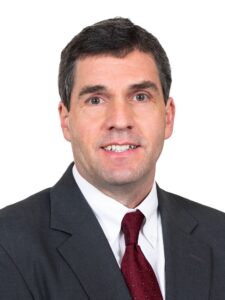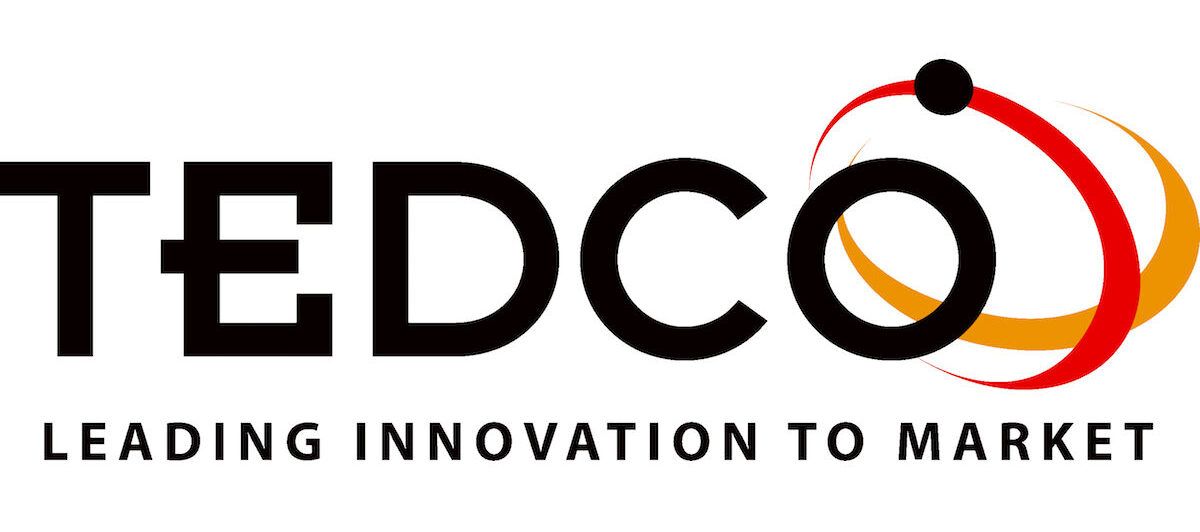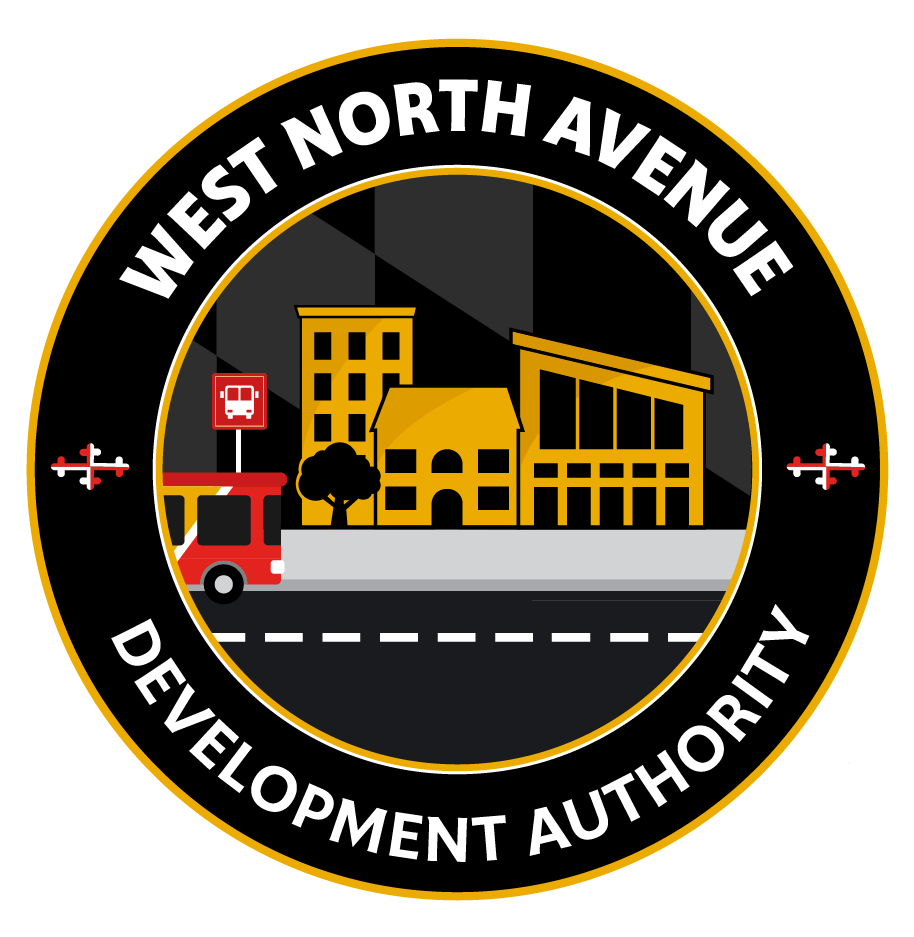Members’ Corner: Stephen Auvil

Name, Title, Organization
Stephen Auvil, Chief Program Operations Officer, Maryland Technology Development Corporation (TEDCO)
Explain your background in economic development
I have been working in technology-based economic development since 2010 when I joined TEDCO but spent 17 years prior to that working in technology transfer at Johns Hopkins University School of Medicine and UMBC. Much of this time was focused on trying to create and support university start-ups in Maryland. At the time, I considered myself a technology transfer professional, but I now recognize that I was engaged, at least partially, in economic development, which made my transition from the universities to TEDCO almost seamless.
What are your key priorities within your current position?
TEDCO has grown significantly since I started, and my role has evolved over time. In my current role, I am focused on entrepreneurial development, building the ecosystem, and engaging the federal labs. As part of its evolution, TEDCO has become more focused on investments rather than grants to provide its funding support to companies. This subtle change in perspective resulted in larger and more competitive pools of capital for the entrepreneurs we serve. While a focus on investing is great for the companies that need capital to scale, it also increases competition and requires entrepreneurs to be well-prepared to successfully compete for funding. I oversee TEDCO’s programs that help entrepreneurs get ready for investment and other funding. These include our RBII/UBII mentoring programs, our Network Advisors and Loaned Executives, and our SBIR Proposal Lab, to name a few of our larger programs.
I also recognize the importance of the ecosystem and its role in creating an environment that is supportive for entrepreneurs. I am working to support TEDCO’s effort to “stitch” together different components of the innovation ecosystem, so they work together with more coordination and efficiency. I am currently exploring ways in which we can foster collaboration between our more than 30 incubator and accelerator programs across the state. Thanks to some forthcoming state funding, I am also leading an effort to developing a system of makerspaces that can support innovation. Finally, Maryland has more federal labs than any other state in the country. Another priority for me is to find ways to better leverage these labs in support of economic development in our region.
Does one particular project spark your excitement? If so, describe it below.
I am currently working on a strategic planning process for Maryland’s innovation economy. This was initiated by a request from the state legislature to conduct a study with the goal of making recommendations and proposing legislation that would create a $500 million equitech growth fund. We know that competing states, like North Carolina and Massachusetts, have strong economies because of long-term, comprehensive planning and execution. I believe that Maryland needs to do the same thing for its innovation economy to remain competitive. This type of project excites me because of its scale and the potential impact it will have for everyone across the state. I also look forward to collaborating with our regional stakeholders, whose engagement will be required to ensure that the final plan will include broad and diverse perspectives and ultimately benefit all communities in the state.
What professional pressures keep you up at night?
The sheer volume of activities is what keeps me up at night. Over my many years in economic development and technology transfer in Maryland, I have been able to see the growth of entrepreneurial activity in our state – from the nineties, where entrepreneurial activity was considered taboo in some parts of academia and there were few resources for entrepreneurs, to the present, where such activity is ubiquitous in academia and throughout the state. While this growth is wonderful, it creates increasing demand for activities and resources around investments and entrepreneurial support. Keeping up with the demand creates pressures on organizations like TEDCO. The growing demand for services has led to an increase in the number of supporting organizations. As an example of one type of supporting organization, Maryland has grown from a couple incubators in the nineties to over thirty incubator and accelerator programs today. The increase in the number of organizations is helping to meet the demand created by the growth in entrepreneurial activity, but it creates the challenge of coordination among these stakeholders. We need to change this challenge into an opportunity for creating greater efficiency through collaboration rather than competition. This is what I think about at night.
What attributes are unique to your community?
At TEDCO, our community is the entire State of Maryland. I have lived here my entire life and believe that there is so much state has to offer. First and foremost, Maryland is a great place to live. Geographically and culturally, we have so much to offer. There is always something interesting to do and more to learn and experience. Second, we have so many great resources. The research capability that we have in our universities and federal facilities is impressive for such a small region. We have a talented workforce and a lot of opportunity for growth in underserved communities. Finally, we have great people with distinct character – character derived from our diverse communities, our long and important history, and the geographical characteristics of the regions in which we live.
What are your locality’s top three “selling points” for future growth?
Innovation capability and capacity, workforce brainpower, and diversity (racial, ethnic, geographic, industry sector, etc.).
If you could wave a magic wand, what would you want to work with MEDA on to move Maryland forward?
As an organization that has most of the State’s economic developers as its members and an organization that is great at bringing these folks together for networking and education, I would want to work with MEDA to find new ways that its members could collaborate, i.e., looking beyond our individual regions, on statewide initiatives that would benefit the entire state in the same way that a rising tide lifts all boats.
Please include any personal background information that you’d like to share (Alma mater, Military Service, hobbies, etc)
My undergraduate degree in biology and engineering science is from Loyola University. I also earned an MBA from the University of Baltimore and an MS in biotechnology from Johns Hopkins University.
I enjoy running, hiking, photography, traveling, and spending time with my family.



